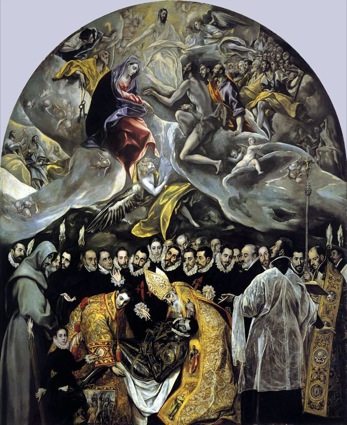A few days ago on Sunday, our church small group met in our house. The discussion wound it’s way into politics and some people were rather emotional – dismayed about the election of Barak Obama and especially at the likely rise in the permissiveness and number of abortions. I was concerned along with them. I’m not very excited about stepping on the gas as we drive down the road to socialism. I had a hard time getting as worked up though.
The next evening I read this in Thomas Merton’s early journals. They were from when he was a young man, before he entered the monastery. They were published late in his life in 1958 at the insistence of others. He decided that any money generated from it’s sale would go to a charity run by a friend of his, Catherine de Hueck. In the preface he describe her ministry and her background. She used to be rich, but lost everything when she fled from Russia in 1917 as the communists were taking over, about to murder 47 million of their own citizens.
The revolution had made her poor. Far from resenting the fact, she embraced it with prodigious good humor and fervent thanksgiving as a marvelous grace from God.
She is not the kind of person that gets overexcited at the thought of communism. The Reds do not upset her, and never will. She knows that if there was a revolution in Russia, there were reasons for one: she has not ceased to believe in cause and effect, just because the revolution happened to enter, quite brutally, into her own personal life. She knows from experience why communism to some extent appeals to certain elements in the western working class. Above all, because she is a Christian, she is thoroughly aware of the futility and inner contradictions of a dialectic that is purely materialistic. The Reds do not worry her, because she knows that they will end up in another one of those ashcans, further down the street of history.
-Thomas Merton, Secular Journals, preface
And in many people’s same lifetime, they did end up in the ashcan. Now I think that’s the kind of hope we need. Not a complacency (she devoted her life to serving the poor), and not freaking out. We’re a small slice of history. Jesus is Lord.



